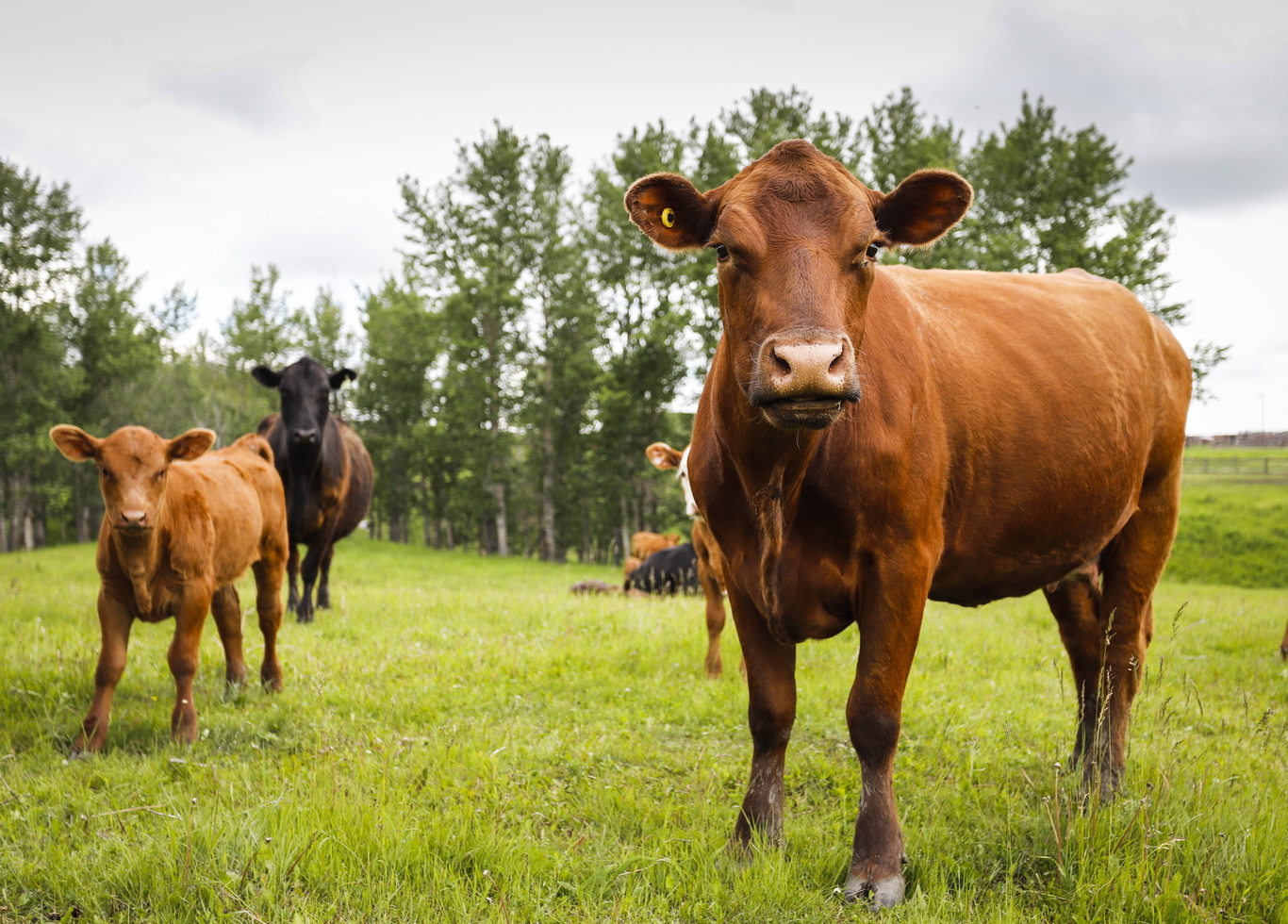Ireland's beef with Mercosur - how the deal is adding to the struggles of the Irish farmer
Beef farmers are worried that they could be a pawn in a bigger trade game.
DENNIS LARGE ISN’T sure he will be passing his North Tipperary cattle farm onto a fourth generation.
Already dealing with Brexit and the falling price of meat, the Mercosur agreement isn’t helping as he worries that his herd of 150 suckler cows is in trouble.
“(With) the situation that beef farming is in, our suckler herd – which we have built up over a number of 20 to 30 years – doesn’t look like it is going to survive, so what are we going to do?” he said.
Large is part of an Irish agri-sector that has watched on amid the uproar after a deal was agreed last week between the EU and the Mercosur group of South American countries - Brazil, Argentina, Paraguay and Uruguay.
Having taken two decades to negotiate, the agreement in principal still has to go through legal revision and will then be sent for approval by the Council and the European Parliament.
While the deal also covers other sectors such as machinery, pharmaceuticals and other foodstuffs, the potential influx of beef into the European market quickly drew criticism from farming groups.
Meat Industry Ireland (MII), an Ibec group, said the Mercosur block already accounts for 80% of beef imports into the EU. The new deal will lead to 99,000 tonnes of beef coming into the European market.
Large called the deal unbalanced and added that Ireland should stop the trade deal in its tracks, “bottom line”.
“The beef is being sold out for cars, electronics and computers and so forth, and that’s the problem,” he added.
Pawns in a trade deal
Brendan Golden, the vice chairman of the Irish Farmer’s Association (IFA) Livestock Committee, told Fora that Irish beef farmers “feel that we are the pawn in the middle of a big world trade deal”.
“If Brexit wasn’t happening and the (trade) conflict with the US wasn’t there, there might not have been half the emphasis on it,” he said.
“We see (the Mercosur deal) as our biggest threat – that we could be flooded with steak cuts and higher value cuts that could totally decimate the value of our steak market and roast market.”
Golden, who lives in Mayo, said the deal could pit large corporations against smaller farmers.
“A large farmer here would be someone with 50 to 100 cows. Go out to South America and you are talking about 30,000 to 100,000 on a ranch that could be the size of county Mayo,” he said.
Main concerns
Beef remains a major export for Ireland, with around 90% of what is produced here sent abroad – accounting for 21% of total food exports.
The deal has drawn criticism in Irish political circles, with Minister for Agriculture Michael Creed calling it “very disappointing”. Joe Healy of the IFA said it was a “bad deal” and has sought a meeting with Taoiseach Leo Varadkar to discuss the issue.
The meat industry has voiced its concerns too. MII said the trade deal will adversely impact both the EU and Irish beef sector, with Ireland the main beef EU exporter being “hit first and face the greatest impact”.
Hitting confidence
Pat Keane, who farms part-time on 20 acres of land in Waterford, said he thinks the deal will force farmers to abandon beef. According to him, the trade deal is affecting their confidence already.
It is no secret the beef industry is under pressure. Suckler farmers are either breaking even or making losses, with some abandoning beef already after a hard six months at the start of this year.
“In dairy farming one cow might bring you in €2,000 a year, but in beef you would be lucky to make that,” Keane said.
He said there are positives and negatives under the trade deal and that in the past Irish farmers have done well from the EU’s Common Agricultural Policy.
Keane thinks there is still a long way to go with the trade deal, however. “The devil is in the detail,” he said.
Get our Daily Briefing with the morning’s most important headlines for innovative Irish businesses.






